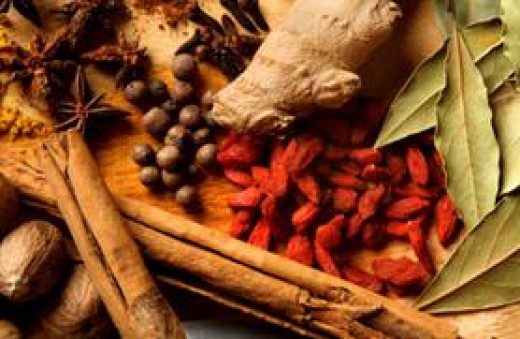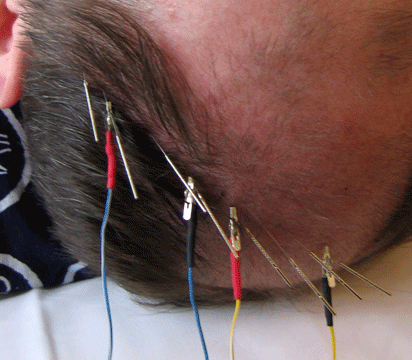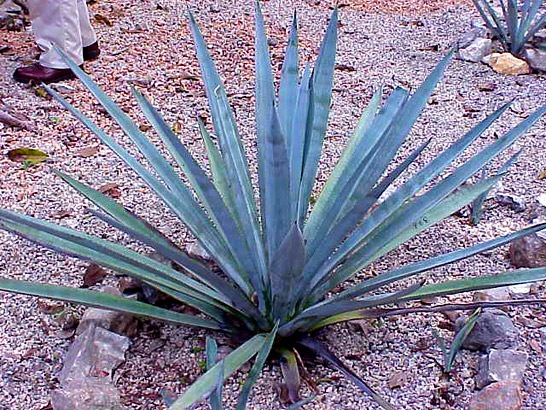
Christina Lunka appeared nervous and excited as she sat in the Chinese herbal therapy center recently opened by the Cleveland Clinic.
The 49-year-old had been to many doctors seeking help for ongoing issues that included joint pain and digestive problems. Now the Kirtland, Ohio, resident was hoping to find relief through herbal remedies.
“Do you have something for inflammation?” Ms. Lunka asked herbalist Galina Roofener during a one-hour consultation.
“Absolutely,” responded Ms. Roofener. “This is for pain, for digestion, for inflammation, all of the above,” she said, handing Ms. Lunka a bottle with capsules of an herbal combination called Xiao Yao San, which translates as free and easy wanderer. The capsules include about eight different herbs, including licorice, mint leaf and white peony root.
“Please do not expect immediate results,” said Ms. Roofener. “The first effects, three weeks. The best therapeutic potential, three months. It will be slow, tedious work.”
The Cleveland Clinic, one of the country’s top hospitals, is a surprising venue for the dispensing of herbs, a practice that is well established in China and other Eastern countries but has yet to make inroads in the U.S. because of a lack of evidence proving their effectiveness. The herbal clinic, which opened in January, has one herbalist who sees patients on Thursdays. Patients must be referred by a doctor and will be monitored to ensure that there are no drug-herbal interactions or other complications. The herbal clinic is part of the hospital’s Center for Integrative Medicine, whose offerings also include acupunture, holistic psychotherapy and massage therapy.
“Western medicine does acute care phenomenally.… But we’re still struggling a bit with our chronic-care patients and this fills in that gap and can be used concurrently,” says Melissa Young, an integrative medicine physician at Cleveland Clinic.
While acupuncture programs have sprouted across the U.S., there are only a handful of herbal clinics. Osher Center for Integrative Medicine at Northwestern University and NorthShore University HealthSystem, affiliated with the University of Chicago, both include herbal medicine among their offerings.
“I’m getting more and more physician referrals [for herbal treatments], which to me is a sign of greater acceptance,” says Leslie Mendoza Temple, medical director at NorthShore’s Integrative Medicine Program. “When I first started here we were pounding on doors to prove we’re not crazy and we’re legitimate and safe.” Referrals come from neurology, oncology, gastroenterology and rheumatology, among other departments, she says.
Jamie Starkey, lead acupuncturist at the Cleveland Clinic who got the herbal clinic started, says there is little scientific research outside Asia on using herbs as medicine. Ms. Starkey says she had to translate studies to convince the Integrative Medicine’s former medical director that an herbal clinic could be effective.
“The evidence base for these approaches using modern rigorous methods of randomized trials is quite thin,” says Josephine Briggs, director of the National Center for Complementary and Alternative Medicine, part of the National Institutes of Health. NCCAM is funding research looking at fundamental biological mechanisms of some herbal products. But they are not currently funding any efficacy studies involving humans. Some research is looking at how herbs may affect drug metabolism.
There are thousands of herbs—primarily plant parts but also some animal and mineral products—that are used in traditional Chinese medicine. Herbs are usually used in combinations and can be taken as capsules, tinctures, powders or tea. Herbs can be toxic if taken in the wrong dose.
Quality and potential contamination are issues. At Cleveland Clinic, premade herbal formulas are bought and ordered through KPC Products, a subsidiary of Taiwan’s Kaiser Pharmaceutical Co. Custom-blends are made by Crane Herb Co., based in Massachusetts and California.
At the Cleveland Clinic’s herbal center, new patients are given a one-hour consultation that may include a battery of questions (How’s your sleep? Body temperature? Ringing in your ears? Headaches?), a physical examination of the tongue, and the traditional Chinese method for pulse-taking (three fingers on each wrist to check different pulses corresponding to various organ systems). They are asked to sign a waiver acknowledging that “herbal supplements are not a substitute for a medical diagnosis.”
Consultations are $100 and are not covered by insurance. Follow-ups are $60 and a one-month supply of herbal formulas costs on average about $100. On one day at the clinic last month patients had needs ranging from chronic pain to anxiety, digestive issues and multiple sclerosis.
Lynnette Fleshman, 36, of Euclid, Ohio, was a returning patient coming to the clinic for infertility issues. Her doctor, she says, was pushing her to go the in-vitro fertilization route. Ms. Fleshman, a program coordinator at Cleveland Clinic, was hoping to avoid IVF with the help of herbs.
Infertility, menstrual disorders, PMS and menopausal symptoms are commonly treated by Chinese herbs and can be very effective, Ms. Roofener says.
Read More: Wall street journal






